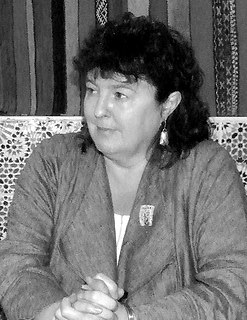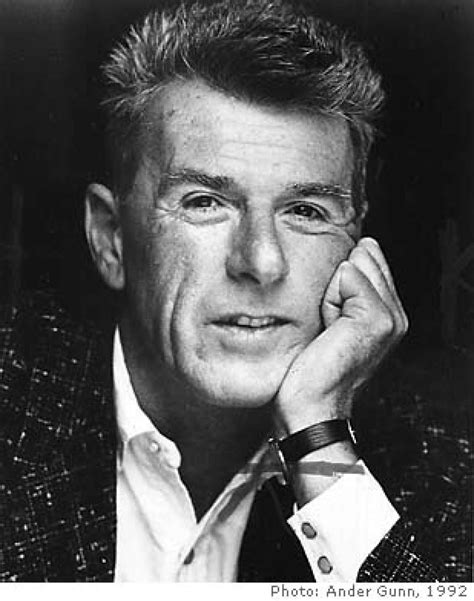A Quote by Teju Cole
Lyrical poetry is not a big part of most people's lives. Twitter now becomes an interesting way of getting cared for language into people's space. Because there is something deep inside of us that responds to cared for language, whether it's literary, poetry, or really good lyrics in a song.
Related Quotes
There's no difference between lyrics and poetry. Words are words. The only difference is the people who are in academic positions and call themselves poets and have an academic stance. They've got something to lose if they say it's all poetry; if there's not music to it, and you have to wear a certain kind of checkered shirt or something like that. It's all the same. Lyrics are lyrics, poetry is poetry, lyrics are poetry, and poetry is lyrics. They are interchangeable to me.
The politics of language and the politics of writing really got to me. I've heard this phrase more than once now: this idea of the poetry wars, or the idea that people within the space of writing are at odds with one another or manipulating language to further one's political stance, manipulating language in ways that really felt dirty to me. All of these things worked their way into and through language for me.
We believe we can also show that words do not have exactly the same psychic "weight" depending on whether they belong to the language of reverie or to the language of daylight life-to rested language or language under surveillance-to the language of natural poetry or to the language hammered out by authoritarian prosodies.
we need poetry most at those moments when life astounds us with losses, gains, or celebrations. We need it most when we are most hurt, most happy, most downcast, most jubilant. Poetry is the language we speak in times of greatest need. And the fact that it is an endangered species in our culture tells us that we are in deep trouble.
I had no one to help me, but the T. S. Eliot helped me. So when people say that poetry is a luxury, or an option, or for the educated middle classes, or that it shouldn’t be read at school because it is irrelevant, or any of the strange stupid things that are said about poetry and its place in our lives, I suspect that the people doing the saying have had things pretty easy. A tough life needs a tough language – and that is what poetry is. That is what literature offers – a language powerful enough to say how it is. It isn’t a hiding place. It is a finding place.
Poetry is an intimate act. It's about bringing forth something that's inside you--whether it is a memory, a philosophical idea, a deep love for another person or for the world, or an apprehension of the spiritual. It's about making something, in language, which can be transmitted to others--not as information, or polemic, but as irreducible art.
It has not been definitively proved that the language of words is the best possible language. And it seems that on the stage, which is above all a space to fill and a place where something happens, the language of words may have to give way before a language of signs whose objective aspect is the one that has the most immediate impact upon us.




































